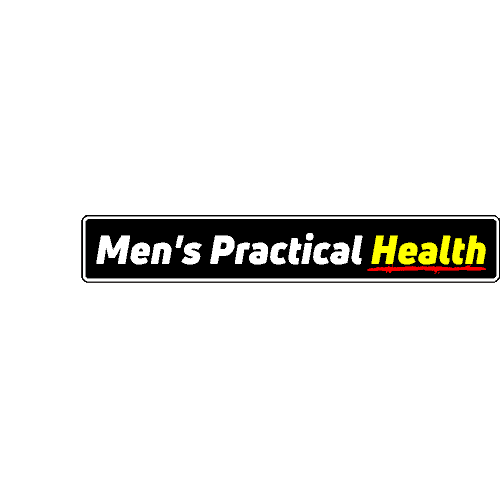Creatine is a popular supplement within the fitness industry. Still, there has been a debate about the best time to take the substance – before or after a workout.
This article will reveal the research about when you should take creatine and explore related topics.
Taking creatine monohydrate as a post-workout supplement has been shown by a study as the optimal time to consume creatine for better body composition and decreased body fat mass. But being optimal does not mean taking creatine pre-workout or at other times of the day is ineffective.
Since creatine is effective when consumed during other periods of the day, it is essential to understand the critical information about creatine that will influence your decision about when to take the supplement.
So check out the content that this blog post will cover:
- Does creatine give you energy like a pre-workout?
- How long does it take for creatine to kick in?
- Creatine pre-workout side effects?
- Should beginners take creatine?
- Is creatine good for fat loss?
- Does creatine build muscle faster than whey protein?
How should I take creatine post-workout?
When taking creatine post-workout, mixing it with a carbohydrate source is best. A study determined that consuming carbohydrates with a creatine supplement directly after resistance exercise resulted in greater lean muscle mass and strength gains than taking the same supplements without working out.
Does creatine give you energy like a pre-workout?

Creatine will increase your energy output for short periods of the workout, allowing you to train with greater intensity, increase strength, or gain muscle.
Here is what happens when consuming creatine.
Your body’s first go-to energy source is the anaerobic phosphagen system which creates enough energy for about 30 seconds through the break-up of Adenosine Triphosphate (ATP) to Adenosine Diphosphate (ADP).
The reproduction of the ATP for energy requires creatine phosphate (PCr), but the problem is the body does not have a large amount of this substance.
Taking a creatine supplement can create a more significant amount of creatine phosphate stores for the body to replenish ATP faster.
If you want the best of both worlds, try to mix your creatine supplement with a pre-workout drink. Mixing creatine with protein can also make the creatine absorbed quickly by the body.
How long does it take for creatine to kick in?
Typically it can take anywhere from 5-7 days to 30 days, depending on how much creatine you take each day.
Those that begin with an initial loading phase will gain quicker results (5-7 days) – If you start with the maintenance amount of 3-5 grams, you will notice the effects in 28-30 days.
To know which method is the most effective, you can click on How To Take Creatine Correctly?
Creatine pre-workout side effects?

Studies on creatine have shown that creatine monohydrate supplements are very safe.
While there are numerous stories of individuals experiencing dehydration, cramping, stomach upset, and nausea – there is no sufficient evidence to support these claims. These experiences may be due to other factors.
Should beginners take creatine?
Creatine is safe for beginners and also effective.
The International Society of Sports Nutrition has cited the health benefits as people age, regardless of whether or not they participate in any strength training.
These benefits include:
- Lower cholesterol
- Reduce fat accumulation in the liver
- Enhance glycemic control
- Increase cognitive function
- Serve as an antidepressant
*You must consult your doctor before consuming creatine if you have any pre-existing medical conditions.
Is creatine good for fat loss?
Creatine does not directly help you to lose fat. However, it can help to increase lean muscle mass and strength in athletes already engaging in a calorie-controlled diet and exercise program.
This increase in muscle mass can lead to overall fat loss because muscles require more energy to be maintained. Hence, the body has to burn more calories.
In a study, rugby players decreased fat mass over eight weeks and increased lean tissue by 1.2 kg.
Does creatine build muscle faster than whey protein?
Whey protein is generally considered the best source of protein for building muscle. It helps gain lean muscle mass by supplying essential amino acids like leucine, isoleucine, and valine.
On the other hand, Creatine helps improve muscle power, intensity, and volume, which can lead to more significant muscle gains.
In a study, participants who combined whey protein and creatine for eight weeks increased muscle mass and strength compared to those who only took whey protein.
Summary
Creatine is a safe supplement that you can consume either pre-workout, post-workout, or any time of the day, and it will still be effective for many fitness goals.
Research shows many general health benefits of taking creatine monohydrate, regardless of a person’s training habits, especially as we age.
You can take creatine independently or mixed with a pre-workout drink or protein powder, which can be absorbed quicker by the body when consumed with whey protein.
Finally, creatine monohydrate is a recommended supplement that is worth taking as part of your daily diet to enhance overall health.


